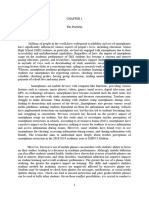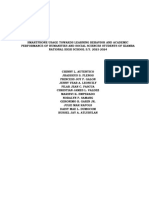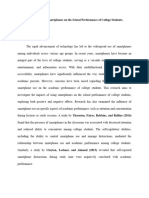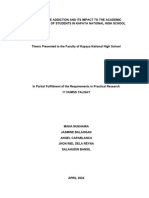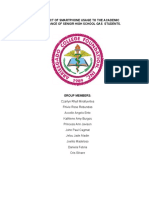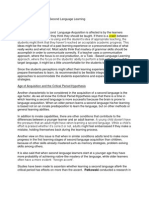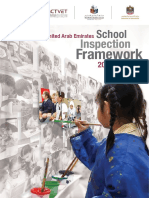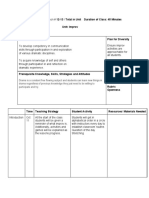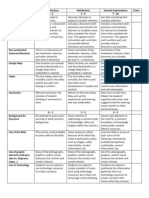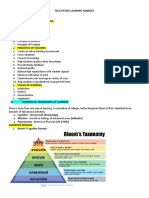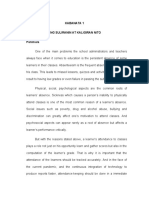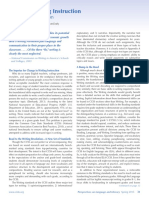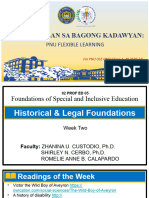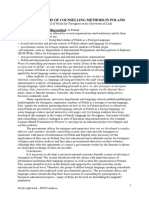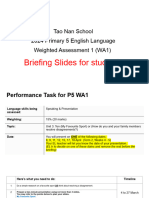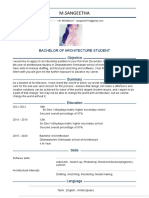0% found this document useful (0 votes)
110 views14 pagesSmartphone Usage On The Academic Achievement of Senior High School Students: Experimental Inquiry
The document investigates the impact of smartphone usage on the academic achievement of senior high school students, particularly at Sigaboy Agricultural Vocational High School. It highlights the correlation between excessive smartphone use and decreased academic performance, emphasizing the need for research on the unique challenges faced by students in this context. The study aims to explore smartphone dependency, usage patterns, and their effects on grades and cognitive skills development.
Uploaded by
Julz CalipayanCopyright
© © All Rights Reserved
We take content rights seriously. If you suspect this is your content, claim it here.
Available Formats
Download as DOCX, PDF, TXT or read online on Scribd
0% found this document useful (0 votes)
110 views14 pagesSmartphone Usage On The Academic Achievement of Senior High School Students: Experimental Inquiry
The document investigates the impact of smartphone usage on the academic achievement of senior high school students, particularly at Sigaboy Agricultural Vocational High School. It highlights the correlation between excessive smartphone use and decreased academic performance, emphasizing the need for research on the unique challenges faced by students in this context. The study aims to explore smartphone dependency, usage patterns, and their effects on grades and cognitive skills development.
Uploaded by
Julz CalipayanCopyright
© © All Rights Reserved
We take content rights seriously. If you suspect this is your content, claim it here.
Available Formats
Download as DOCX, PDF, TXT or read online on Scribd
/ 14
